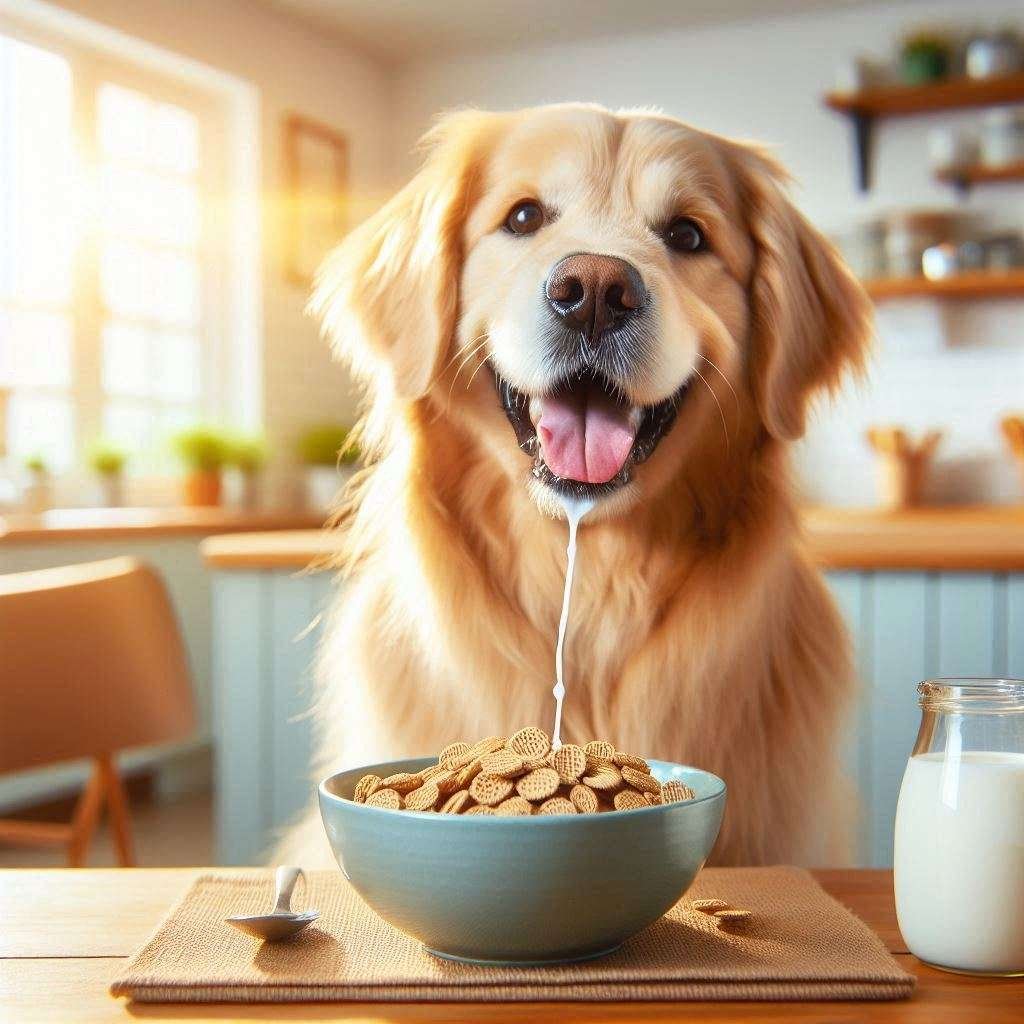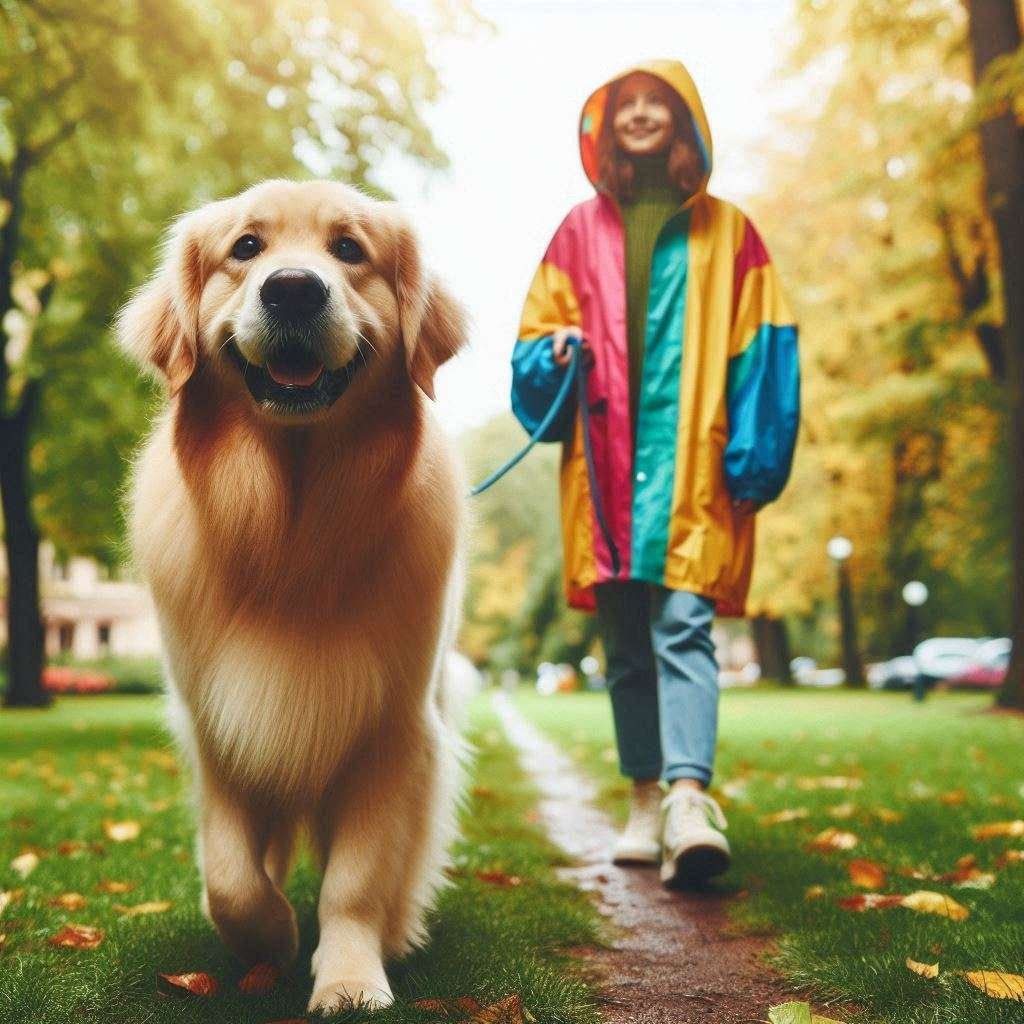Can dogs eat raw bacon? Many pet owners wonder if they can share their favorite foods with their dogs. Bacon is a common treat that people often think about giving to their pets. But, it’s important to think carefully before giving raw bacon to dogs because of health risks. This guide will look into the safety, dangers, and safe alternatives for feeding bacon to your pet.

Key Takeaways:
- Raw bacon can pose serious health risks to dogs due to its high salt, fat, and potential bacterial contamination.
- Feeding bacon regularly can lead to weight gain, obesity, and associated health issues like pancreatitis, diabetes, and joint problems.
- Safer alternatives, such as bacon-flavored dog treats, are a better option to satisfy your pet’s cravings.
- Proper portion control and moderation are essential when considering any pork product for your dog’s diet.
- Consulting with your veterinarian is recommended to ensure your dog’s nutritional needs are met.
Introduction to Feeding Raw Bacon to Dogs
Dogs love the salty taste of pork products like bacon. But, the fat and sodium in bacon can be bad for them. This part will talk about why giving raw bacon to dogs is not good.
It might seem tempting to give dogs a bit of bacon. But, it’s important to know the risks. Bacon is not good for dogs because it can cause health problems. These problems can range from simple stomach issues to serious conditions.
Risks of Feeding Bacon to Dogs
- Trichinosis, from eating raw or not fully cooked meat, can make dogs have diarrhea, throw up, muscle pain, and a fever.
- Eating high-fat foods like raw bacon can cause pancreatitis. This includes a hunched back, throwing up a lot, belly pain, fever, and feeling weak.
- Dogs eating too much fat from bacon can get obese, have stomach problems, and heart disease because of the fat and salt.
- Too much salt from bacon can make dogs very thirsty and pee a lot, throw up, have diarrhea, shake, and have seizures.
We will look more into the dangers of giving dogs raw bacon. We will also talk about better canine diet options that are safe and can satisfy their cravings.
Risks of Feeding Bacon to Dogs
Sharing bacon with our dogs might seem appealing, but it comes with risks. Bacon is high in salt and fat, which can harm our pets.
High Salt Content
Bacon has a lot of sodium, which can cause salt poisoning in dogs. Signs include vomiting, diarrhea, and feeling very tired. Eating bacon often can lead to serious health issues, like bloat.
High Fat Content
Bacon is also very fatty, which is bad for dogs. It can cause pancreatitis, a serious condition. Dogs may feel very sick, have a hunched back, and have a fever.
Harmful Additives and Preservatives
Many bacon products have additives like nitrites. These can harm a dog’s health, causing stomach problems and even cancer.
It’s important to keep our dogs safe by not giving them bacon or other unhealthy meats. Choose low-fat, safe treats made for dogs instead. This keeps them healthy and happy.
“Feeding a dog too much bacon can lead to pancreatitis, which is a serious and potentially life-threatening condition. It’s best to avoid giving dogs any bacon at all.”
Digestive Issues from Bacon Consumption
The smell of bacon might make our dogs want it, but it’s bad for their stomachs. Bacon is too fatty and salty for dogs. This can cause many stomach problems, from mild to serious.
Bacon’s fat can upset a dog’s stomach, leading to pancreatitis. This is a painful swelling of the pancreas. It makes dogs vomit, have diarrhea, feel sick, and hurt in the belly. They might need to see a vet right away.
Bacon is also very salty, which is bad for dogs. This salt can make dogs drink a lot, pee more, feel tired, and not want to eat. Too much salt is bad for their health.
| Digestive Issue | Symptoms | Potential Causes |
|---|---|---|
| Pancreatitis | Vomiting, diarrhea, nausea, abdominal pain | High fat content in bacon |
| Sodium Ion Poisoning | Increased thirst, excessive urination, lethargy, loss of appetite | High sodium content in bacon |
| Gastrointestinal Distress | Vomiting, diarrhea, discomfort | Fatty and rich composition of bacon |
Some bacon also has preservatives like sodium nitrites that are bad for dogs. These can make stomach problems worse and be dangerous.
If your dog eats bacon and acts sick, like vomiting or feeling tired, call a vet right away. Quick help can stop more problems and keep your dog healthy.
Can Dogs Eat Raw Bacon?
Bacon might look like a yummy snack, but it’s not safe for dogs. Raw bacon has bacterial contamination and undercooked pork risks. These can harm your dog’s health.
Potential Bacterial Contamination
Raw bacon might have harmful bacteria like Salmonella and Listeria. These can cause vomiting, diarrhea, and serious infections in dogs. Dogs with weak immune systems, puppies, and seniors are at higher risk.
Risks of Undercooked Pork
Raw or undercooked pork can also have parasites like Trichinella. This can lead to trichinosis in dogs. Symptoms include fever, muscle pain, and neurological issues.
To keep your dog safe, avoid giving them raw bacon. Instead, give them cooked, crispy bacon as a rare treat. This reduces the risks of food safety and canine health problems with raw pork.

“Feeding raw bacon to dogs is not recommended, as it poses a risk of bacterial contamination and can harbor harmful parasites.”
Bacon Alternatives: Safe Options for Dogs
Dogs love the taste of bacon, but there are healthier choices they can enjoy. These options are safe and made just for dogs. They include bacon-flavored treats that are good for them.
Bacon-Flavored Dog Treats
Pet owners can give their dogs a bacon-like treat without the risks. These treats taste like bacon but don’t have the bad stuff like high salt or preservatives. They’re made just for dogs.
- Dehydrated sweet potato or yam chips with a natural bacon flavor
- Baked or freeze-dried meat treats made with lean proteins like chicken or turkey
- Crunchy vegetable-based treats infused with a savory bacon aroma
| Product | Ingredients | Nutritional Benefits |
|---|---|---|
| Wellness Soft Wellbites Bacon & Cheese Flavor Dog Treats | Chicken, oat flour, cheese, bacon, glycerin, natural flavors | High in protein, no artificial preservatives or colors |
| Blue Buffalo Wilderness Trail Treats Bacon Bites | Chicken, pea protein, bacon, potatoes, pea fiber | Grain-free, no corn, wheat, or soy, high in protein |
| Purina Beggin’ Strips Bacon Flavor Dog Treats | Wheat flour, bacon, corn gluten meal, propylene glycol | Affordable, widely available, high in bacon flavor |
Choosing bacon-flavored treats made for dogs is a great way to keep them happy and safe. These treats are tasty and good for their health. They’re a great choice for pet nutrition.
The Dangers of Bacon Grease for Dogs
Feeding dogs raw or cooked bacon can be risky, but bacon grease is also dangerous. It’s very high in fat content and can cause serious digestive issues and pancreatitis.
Bacon grease is full of fat and salt, making it bad for dogs. Dogs eating a lot of it can get sick. Small breeds like Cocker Spaniels, Miniature Schnauzers, and Miniature Poodles are at higher risk of pancreatitis from eating high-fat foods.
- Symptoms of pancreatitis in dogs include lethargy, loss of appetite, vomiting, diarrhea, abdominal discomfort, and dehydration.
- Pancreatitis can be fatal if left untreated, requiring immediate veterinary care, including IV fluids, medication, and a bland diet.
Bacon grease might not kill a dog alone, but it can cause big health problems like pancreatitis and stomach issues. To prevent this, keep trash cans closed and throw away leftovers safely.

In conclusion, dog owners need to be careful with bacon grease. It’s a high-fat item that can harm a dog’s health, leading to digestive issues and serious conditions like pancreatitis. Keeping our pets safe and healthy means being responsible and feeding them right.
Can dogs eat raw bacon? Addressing the Main Concern
Feeding raw bacon to dogs can be risky because of bacterial contamination and parasites in undercooked pork. Even a small amount of raw bacon can be harmful. It’s best to avoid giving bacon to dogs to prevent health problems.
Raw bacon may make dogs sick with harmful bacteria like Listeria monocytogenes and Salmonella. These can cause vomiting, diarrhea, fever, and chills. It can also have parasites such as Trichinella spiralis, leading to muscle pain and inflammation.
Bacon is high in fat, which can cause pancreatitis in dogs. This is a serious condition that inflames the pancreas. It can lead to pain, discomfort, and other serious issues. Bacon also has a lot of sodium, which can make dogs thirsty, cause them to pee a lot, and even lead to dehydration and sodium poisoning.
| Health Concern | Potential Risks |
|---|---|
| Bacterial Contamination | Listeria monocytogenes, Salmonella |
| Parasites | Trichinella spiralis |
| High Fat Content | Pancreatitis |
| High Sodium Content | Dehydration, Sodium Ion Poisoning |
Even a small amount of cooked, crispy bacon is not safe for dogs. It can lead to obesity, pancreatitis, and other health issues. It’s best to avoid bacon for your dog’s health.

Moderation is Key: Feeding Bacon in Small Amounts
Feeding bacon to dogs in moderation is safe, but it’s important to control the amount. This ensures your dog stays healthy and gets the right nutrition. Bacon should not be a main part of their diet. But, small amounts of cooked bacon can be given as an occasional treat.
Vets say treats, like bacon, should not make up more than 10% of a dog’s daily calories. Bacon is high in fat and sodium. Eating too much can cause health problems.
- For smaller dogs, a single slice of cooked bacon is a good portion.
- Larger dogs might get a bit more, but check with your vet to find the right amount for their size and weight.
Dogs with health issues, like pancreatitis, should not have bacon. For them, leaner treats like chicken or turkey are better.
“Consuming too much sodium from bacon can contribute to health issues including high blood pressure, heart attack, and stroke.”
Remember, moderation is key when feeding your dog. Stick to the recommended guidelines and talk to your vet. This way, your dog can enjoy bacon treats without risking their health or nutrition.
Signs of Bacon-Related Illness in Dogs
Feeding dogs bacon can be fun, but it should be done with care. Too much bacon can cause health issues in dogs. Owners need to be aware of the risks.
Vomiting and Diarrhea
Dogs eating too much bacon often vomit and have diarrhea. Raw or undercooked bacon is high in fat and can be harmful. It can upset a dog’s stomach and cause discomfort.
Lethargy and Loss of Appetite
Dogs eating too much bacon may also seem tired and eat less. This could mean they have a serious health issue, like pancreatitis. This happens when a dog eats too much fat.
If your dog shows these signs after eating bacon, see a vet right away. Not getting help can make things worse.
“Moderation is key when feeding bacon to dogs; it should be an occasional treat rather than a regular part of their diet.”
Watching for signs of bacon illness and getting vet help when needed keeps dogs healthy and happy.
Responsible Pet Ownership and Proper Nutrition
As responsible pet owners, we must focus on our dogs’ health and well-being. This means giving them a balanced, nutritious diet and avoiding harmful foods like too much or raw bacon. A proper diet is key to keeping your furry friend healthy and avoiding health problems.
A balanced diet for dogs should have high-quality proteins, complex carbs, healthy fats, vitamins, and minerals. These nutrients support their growth, energy, and immune system. But, foods high in salt, fat, and preservatives, like raw or too much bacon, can cause serious health issues.
- Choose high-quality, commercially-prepared dog food that fits your dog’s age, breed, and activity level.
- Add lean proteins, whole grains, fruits, and veggies to your dog’s meals for a balanced diet.
- Don’t give your dog table scraps or foods high in fat, salt, or harmful ingredients.
- Talk to your vet to create a feeding plan that meets your dog’s dietary needs and health concerns.
Being a responsible pet owner means more than just loving your dog. It also means making sure they get the right nutrition. By focusing on your dog’s health and nutrition, you help them live a long, happy, and healthy life.
Conclusion
The smell of bacon might tempt dogs, but it’s not good for them to eat, especially not raw or too much. Knowing the risks helps pet owners keep their dogs healthy and happy.
Raw bacon is high in salt, fat, and can have harmful bacteria. This can cause pancreatitis, sodium ion poisoning, and even be deadly. Processed pork products also have additives that are bad for dogs.
It’s better to feed dogs a balanced diet that focuses on their canine health and pet nutrition. Options like cooked chicken or turkey, and safe bacon-flavored dog treats, can satisfy them. With careful pet ownership, dogs can live long, healthy, and happy lives.


